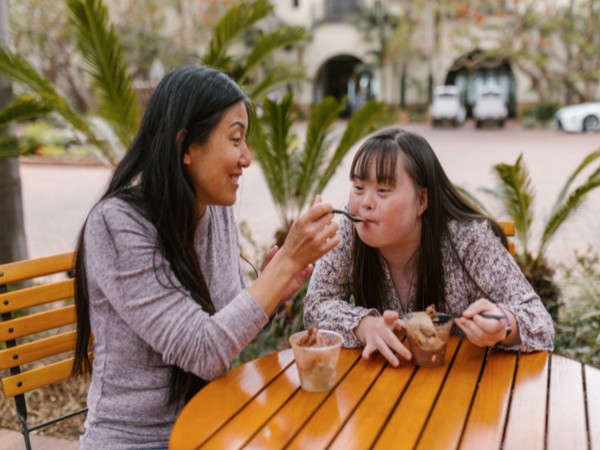WHO Reaffirms No Link Between Acetaminophen or Vaccines and Autism
The clarification comes amid ongoing public debate and misinformation surrounding the causes of autism and the safety of widely used medicines and vaccines.

The World Health Organization (WHO) has issued a renewed statement emphasizing that there is no conclusive scientific evidence linking acetaminophen (paracetamol) use during pregnancy to autism spectrum disorder (ASD). The clarification comes amid ongoing public debate and misinformation surrounding the causes of autism and the safety of widely used medicines and vaccines.
Autism: A Global Health Priority
Autism spectrum disorder affects nearly 62 million people worldwide, or approximately 1 in every 127 individuals. It encompasses a diverse group of neurodevelopmental conditions characterized by differences in communication, behavior, and interaction.
Despite significant advances in diagnosis and awareness, the exact causes of autism remain unknown. Research strongly suggests a combination of genetic, biological, and environmental factors play a role. However, no single factor, including medication use during pregnancy, has been identified as a direct cause.
Acetaminophen and Autism: What Science Says
Acetaminophen, one of the most commonly used medications for pain relief and fever reduction, has been the subject of numerous large-scale studies examining its safety in pregnancy. While some studies have raised concerns about possible associations with neurodevelopmental conditions, WHO confirms that no consistent, scientifically validated link has been found between acetaminophen use and autism.
The agency advises that:
-
Pregnant women should always consult healthcare providers before taking any medication.
-
Medicines should be used with caution, particularly during the first trimester.
-
Treatment decisions should be based on individual medical needs and professional guidance.
Vaccines and Autism: Myths Dispelled
Alongside its clarification on acetaminophen, WHO also reiterated that vaccines do not cause autism. This conclusion is backed by more than two decades of rigorous scientific evidence from multiple countries.
The original studies that suggested a link between vaccines and autism were deeply flawed and have since been discredited. Since 1999, independent expert reviews—including those by WHO’s Strategic Advisory Group of Experts on Immunization (SAGE)—have consistently reaffirmed that vaccines, including those containing thiomersal or aluminum adjuvants, are safe and not associated with autism or other developmental disorders.
The Value of Childhood Immunization
WHO underscored that immunization remains one of the most effective public health tools in history. Over the past 50 years, childhood vaccination schedules have saved at least 154 million lives globally. Today, immunization programs protect children, adolescents, and adults against 30 different infectious diseases.
These schedules are:
-
Evidence-based, drawing on extensive global research and country-level expertise.
-
Regularly updated to reflect evolving science and ensure maximum protection.
-
Essential to community health, reducing risks not only for vaccinated children but also for vulnerable groups, such as infants and those with compromised immune systems.
WHO cautioned that delays or disruptions in vaccination schedules sharply increase the risk of disease outbreaks, jeopardizing entire communities.
Global Health Discussions at the UN
Autism and other neurodevelopmental conditions are being recognized as urgent public health priorities. At the 4th UN High-Level Meeting on Non-Communicable Diseases (NCDs) and Mental Health, scheduled for 25 September, world leaders and health experts will discuss ways to strengthen support for autistic people and their families.
The focus will include:
-
Expanding access to healthcare and support services.
-
Reducing stigma and discrimination.
-
Building stronger systems for early diagnosis and intervention.
-
Involving autistic-led organizations and communities in shaping global policy.
WHO’s Commitment
WHO reaffirmed its commitment to working with governments, researchers, healthcare workers, and advocacy groups to ensure that autistic individuals and their families receive dignified, evidence-based support.
“As a global community, we need to do more to understand the causes of autism and how best to care for and support autistic people and their families,” the organization stated.
The message is clear: autism is not caused by vaccines or by acetaminophen use during pregnancy, and global efforts must instead focus on providing effective support, improving healthcare access, and fostering inclusive societies.










